Philosophical Science Fiction (8 Recommendations)
Specifically, Philosophy of Mind, Language, and Consciousness
During my MSc in philosophy, we studied language, attention, reasoning, embodiment, and feeling, all to help us understand the mind. Does our mind work like a computer? Could AI become conscious? What distinguishes human animals from other animals?
Sci-fi is uniquely suited to help us think philosophically. How might other, non-human minds (read: aliens) interact with human minds? How does culture affect our psychology? The following books provide unique vantage points into consciousness, using “what-ifs” that stretch our imagination as we conceptualize the mind.
The reading level and depth of these works of fiction varies, and that’s on purpose. There’s something here for everyone!
Enough throat-clearing. Here are eight of my favorite sci-fi books exploring the philosophy of mind, in no particular order.
1. Solaris (1961)
Solaris (1961), by Stanislaw Lem, follows scientists on a space station, located on another planet, Solaris, studying an ocean. This ocean possesses strange properties, such that most scientists classify it as an extraterrestrial life. The planet sized organism creates behemoth, geometric structures from its liquid form, almost like some abstract hand reaching out. The question is, how do humans “make contact” with an ocean? Is it even conscious or compatibly intelligent with human minds?
The idea that aliens would be green, bipedal beings, hardly different from ourselves, betrays a lack of imagination. If extraterrestrial intelligences do exist, they might possess an entirely strange form, one so strange that meaning and common reference points lose grip, and language, communication, becomes impossible—or does it?
The next book on my list, Annihilation, covers similar themes, but in entirely unique ways.
2. Annihilation (2014)
Annihilation (2014), by Jeff VanderMeer, the first book of the Southern Reach series, follows scientists embarking into a mysterious geographical zone. Few people who enter every return. Those who do appear seemingly supernaturally in random places, inexplicably, but undeniably changed, with their memories wiped. Time, nature, and reality itself seem changed in this incomprehensible stretch of coast. Where did it come from? Why does it change everyone who enters? What roles do the eerie lighthouse and the nearby sinkhole play?
This work explores the relationship between language, the mind, identity, phenomenology, and what the philosopher Matthew Ratcliffe calls “existential feelings.”
The movie, an excellent adaptation, nevertheless misses the inscrutable, off-putting quality of VanderMeer’s prose. His writing style is challenging—building slowly, with strange attention to detail, of “the biologist’s” otherwise ineffable sense of reality. For some, this odd writing style will be a drawback. For others, like myself, it’s a feature.
3. That Hideous Strength (1945)
That Hideous Strength (1945), by C.S. Lewis, follows a professor trapped between a cosmic force of evil and progress on one side, and good and nature on the other. The way nature, minds, brains, bodies, magic, and spirituality connect comes into full view. The oft-neglected subtitle of the book, “A Modern Fairy-Tale for Grown-Ups,” perfectly describes this classic by Lewis.
While technically the third book in The Space Trilogy, it can stand alone. While not particularly well written, it possesses a whimsical quality alongside profound insight into the imminent dangers of technological progress and secular values. The Hideous Strength blurs genre lines between fantasy and sci-fi, fairy tale and parable; I highly recommend it.
4. The Mountain in the Sea (2022)
The Mountain in the Sea (2022), by Ray Nayler, follows a team of scientists as they investigate rumors of a sea monster on the beaches of Côn Sơn. Set in the near-future, the novel explores geopolitics, slavery, AI, and corporate greed. Mostly, however, the novel focuses on the nature of consciousness, covering language, evolution, and empathy, as the researchers contact the “monsters” in the ocean.
Nayler thoroughly steeped himself in contemporary philosophy of mind as research. His passion and personal interest for the subject bleeds through every word. For lay readers and non-academic enthusiasts, it provides a wonderful introduction to the philosophy of mind, consciousness, and language in an accessible, riveting, and smart sci-fi form.
5. Robot Visions (1940-60)
Robot Visions, a collection of short stories published in 1940-1960, by Isaac Asimov, unpacks the now famous “three laws” exhibited in the Hollywood adaptation starring Will Smith, iRobot. The collection is set in the broader “Robot Series” of Asimov’s expansive Foundation canon. I remember soaking up the investigative stories from my old, dusty mass market paperback copy as a kid.
Each short story explores the androids’ ostensible consciousness, especially how their minds interact with the intrinsic, preprogrammed “three laws of robotics.”
A robot cannot harm a human or allow harm to come to a human through inaction
A robot must obey a human's orders, unless doing so would conflict with the First Law
A robot must protect itself, unless doing so would conflict with the First or Second Law
How the androids “get around” these rules, creates intriguing thrillers, mysteries, brainteasers, and heart-felt dramas.
6. Frankenstein (1818)
Frankenstein: Or, The Modern Prometheus, by Mary Shelley, is the oldest work by far—published in 1818. Victor Frankenstein tries to construct a conscious being of perfect aesthetic qualities through scientific and occult experiments. Instead of a being of perfect proportions and beauty, he arises as an abomination. This abomination, however, has a voice, and a story, to tell.
There are many ways of reading Frankenstein, but not matter your interpretation or approach, Shelley will force you to question matters of consciousness, mind, psychology, humanity, technology, compassion, and prejudice. If you somehow haven’t the preeminent work of English, you must.
7. Stories of Your Life and Others (2002)
Stories of Your Life and Others (2002), by Ted Chaing, is my favorite collection of short stories so far. Story of Your Life was adapted into the spectacular 2016 film, Arrival. Chaing’s analysis of language and time will make you reel. Tower of Babylon, Liking What You See, and Hell is the Absence of God are my favorites in the collection.
The anthology is jam-packed with thought-provoking fiction, unpacking countless philosophical themes in addition to consciousness and language. It’s a wonderful, whimsical, and, simultaneously, profound, work.
8. Cloud Atlas (2004)
Finally, Cloud Atlas, by David Mitchell (2004), contains prose of pure brilliance. The book presents six different perspectives and six forms of period accurate literature (depending on the chapter’s time frame). Composed of eleven sections, they are set in this order: 1849, 1930s, 1970s, 2000s, 2144, 2321, 2144, 2000s, 1970s, 1930s, and, finally, 1849. Although sometimes confusing, the composition is breathtaking. Each stage highlights the cultural and philosophical prepositions of the time, without losing the individual humanity of the characters.
Although barely “science fiction,” I think Mitchell’s exploration of culture, language, the mind, and human identity make it count. Plus, it’s my list. I’ll put whatever books on it that I please.
Honorable Mentions
I’ve picked eight very distinct books for variety’s sake, and left some great contenders off the table to keep the blog streamlined.
Second Foundation (book three of Foundation) by Asimov receives an honorable mention for his treatment of fate, the mind, telepathy, and prophecy/prediction. Dune by Frank Herbert explores similar subjects, through heavier religious/messianic themes. The legendary H.P. Lovecraft considers some eerier, horrific expressions of alternately minded beings in The Call of Cthulhu and The Color out of Space.
I listened to some of Philip K. Dick’s short stories on Audible with my Dad as a kid, but can’t remember which ones. So, I left them off the list—but they deserve to be there! Hyperion, by Dan Simmons, made me feel things, but did it make me think philosophically about the mind? A little, perhaps, but not enough to make the list. While Snow Crash is shockingly prescient of the internet, virtual reality, and modern conceptions of identity, the vulgar prose and lackluster characters kept it off the list.
Perhaps my favorite Sci-fi series of all time is Liu Cixin’s Remembrance of Earth's Past, beginning with The Three Body Problem. It’s difficult to argue that the philosophy of mind is at the forefront, however. The same goes for my favorite dystopian novels, like The Handmaid’s Tale, 1984, Brave New World, The Giver, and Fahrenheit 451.
Some of these books I outlined in a blog published four years ago called “Science Fiction is Philosophy: A Love Letter.” If you want more sci-fi, check it out!
What do You Recommend? My Next Reads.
Next on my reading list is Do Androids Dream of Electric Sheep?, by Philip K. Dick, and The Left Hand of Darkness, by Ursula K. Le Guin.
Did I miss any philosophy of mind sci-fi? Comment your favorite philosophical science fiction—especially works that emphasize the mind and language.
Soli Deo Gloria

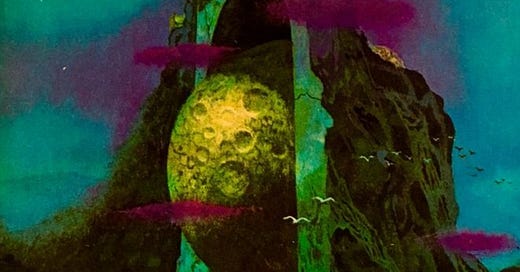


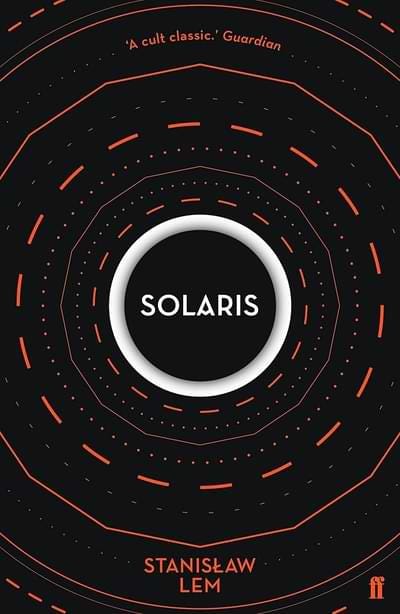
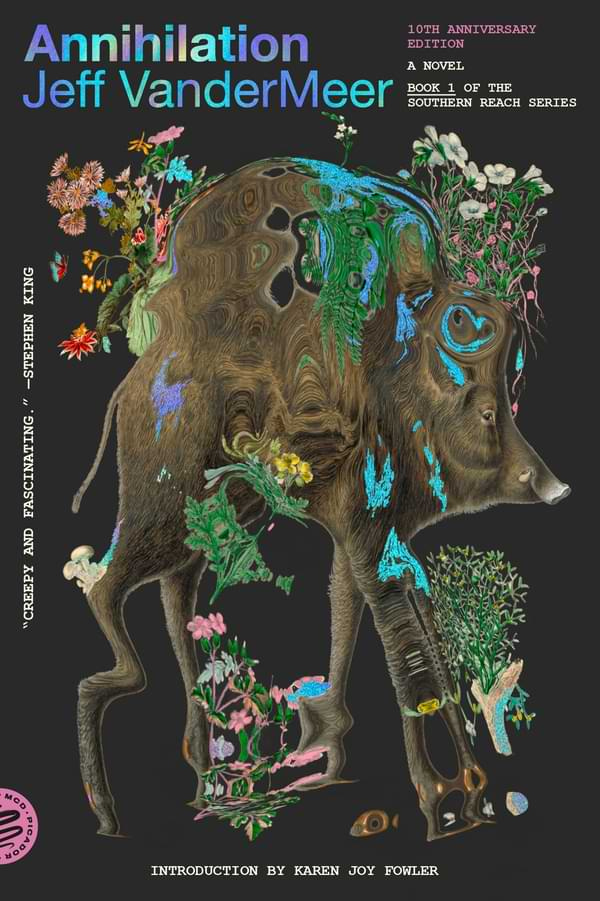
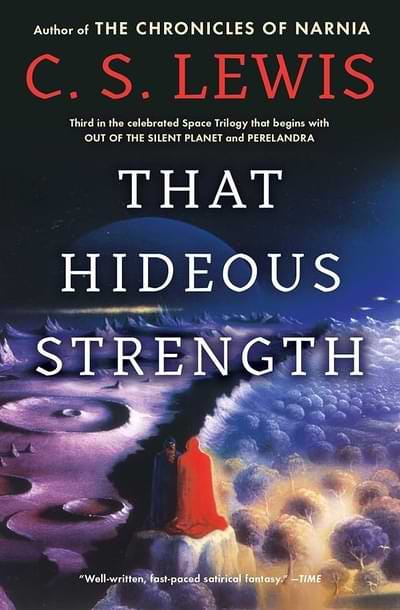
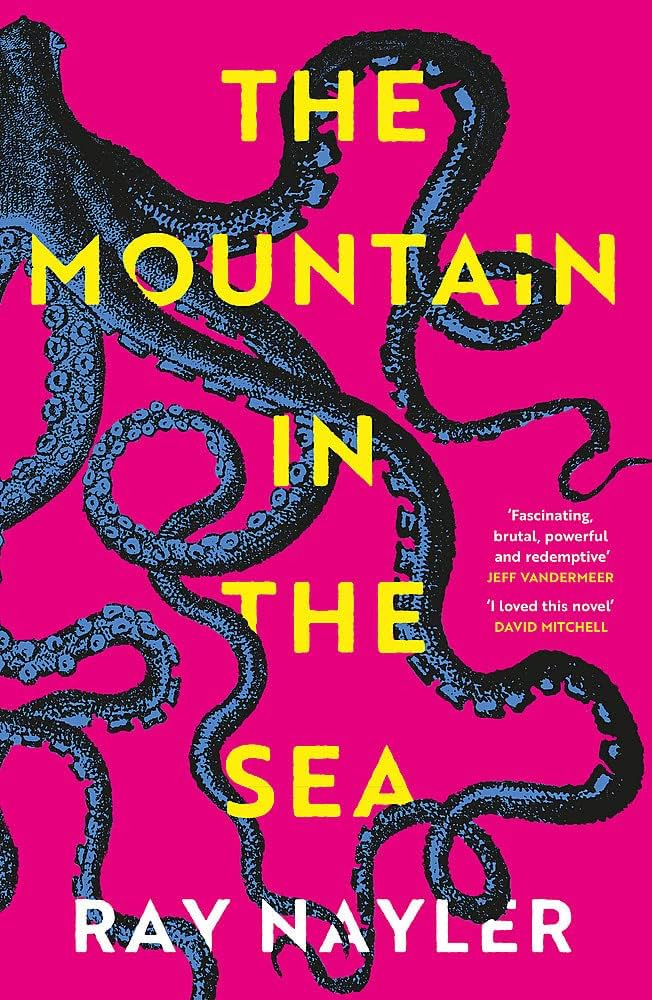
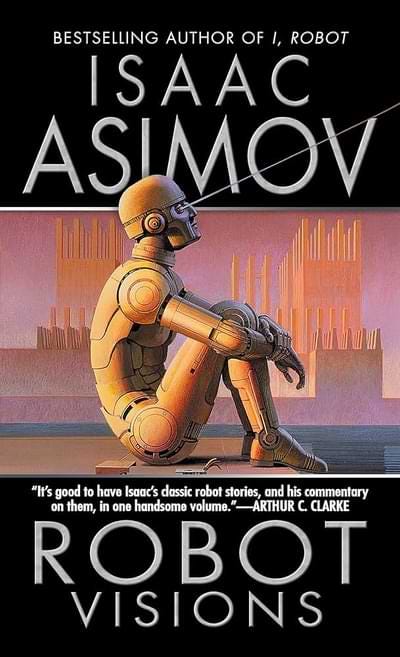
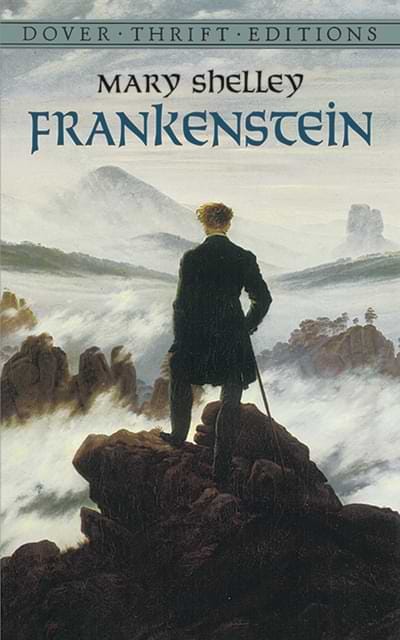
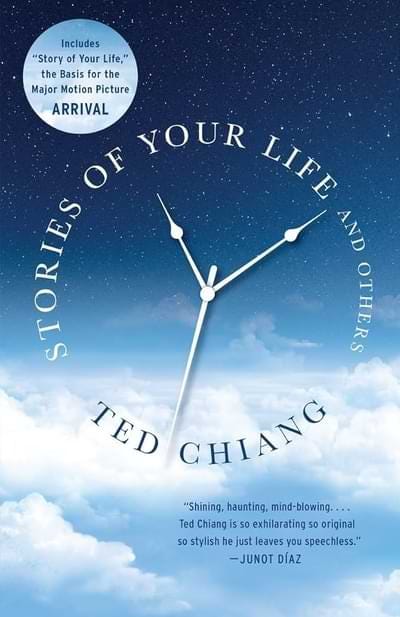
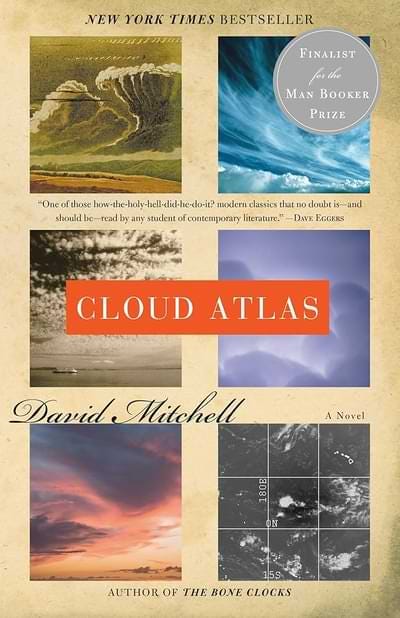

My suggestion would be Greg Egan's Permutation City and Diaspora. Hard science fiction and the most mind-blowing content I've ever read in science fiction.
China Mieville’s ‘Embassytown’ which is 100% about the Sapir-Whorf Hypothesis (and revolutionary politics). Anne Leckie’s books are also interesting in terms of being first person from very different types of consciousness - a group mind, a deity embedded jn a rock over thousands of years ( her fantasy novel).